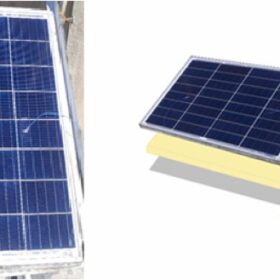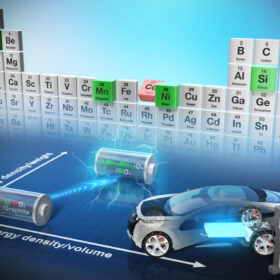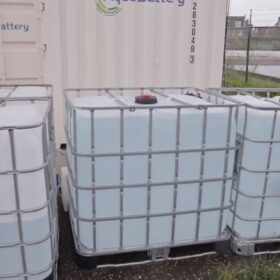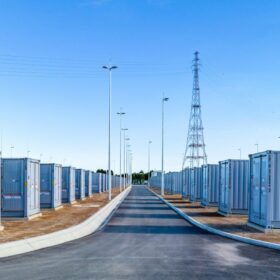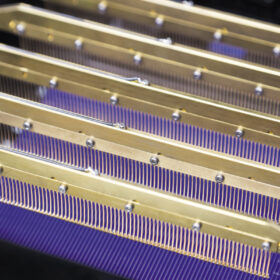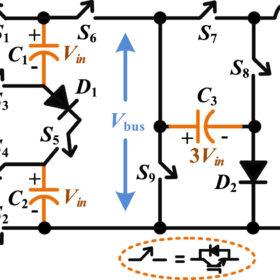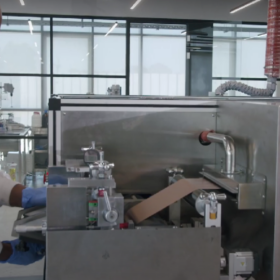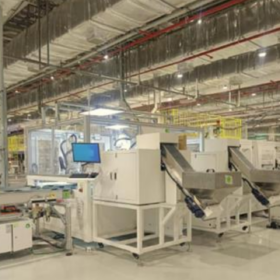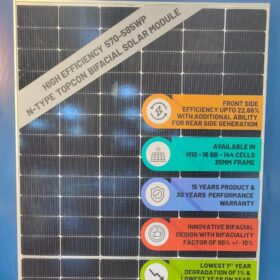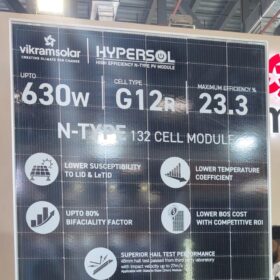Reducing PV module temperature with beeswax, paraffin wax
Scientists in Iraq have applied two different kinds of phase-change materials to lower the operating temperatures of PV panels. Their experiment showed that beeswax and paraffin wax are particularly effective in achieving this goal, even when they are combined together.
France’s Profils Systèmes unveils new solar veranda
Profils Systèmes, a French aluminum carpentry specialist, has developed Wallis&Energy, a new solar veranda that is designed to integrate seamlessly into existing buildings and new structures.
Japanese scientists develop high energy density, cobalt-free lithium-ion battery
The new cobalt-free battery yields about 60% greater energy density than conventional lithium-ion batteries for an equivalent weight and volume and sustains unprecedented 1,000 cycles.
Statkraft looks into long-duration energy storage based on saltwater
Statkraft, a Norwegian energy company, is investigating the scalability and commercial viability of Aquabattery’s technology. It will finance a pilot project for between six and 12 months in the Netherlands.
Australian utility tests nickel-hydrogen battery
Australian energy giant AGL will install a nickel-hydrogen battery at its Torrens Island power station site in South Australia as it explores the potential opportunities that the technology could provide for stationary energy storage applications
Spanish gas provider tests hydrogen-powered residential water heater tech
Madrileña Red de Gas is testing a heating system prototype developed by Germany company Vaillant that uses exclusively green hydrogen. The 25 kW system is equivalent in shape and size to a current natural gas heating system.
Connecting HJT
The application of busbarless cell interconnection approaches could unlock the potential of heterojunction (HJT) technology, primarily by reducing the historically high silver usage of negatively-doped, “n-type” cell technology. As HJT manufacturing increases, a wave of applications may very well be on the horizon.
Imec integrates silicon heterojunction solar cells into curved surfaces
Imec has successfully integrated silicon heterojunction PV cells into curved surfaces, resulting in a 6% efficiency increase compared to passivated emitter and rear contact (PERC) half cells. The cells are suitable for applications in vehicle-integrated and building-integrated PV (BIPV).
New multilevel PV inverter concept based on switched capacitors, single DC input
Scientists in India have developed a 500 W seven-level inverter prototype based on switched capacitors. The device is reportedly able to achieve a high efficiency despite switching, conduction, and capacitor voltage ripple losses.
Waaree signs MoU with Israel’s 3DBattery to develop energy storage solutions
Waaree Technologies plans 5 GWh battery cell production capacity leveraging 3DBattery’s lithium-ion and sodium-ion battery technology.
